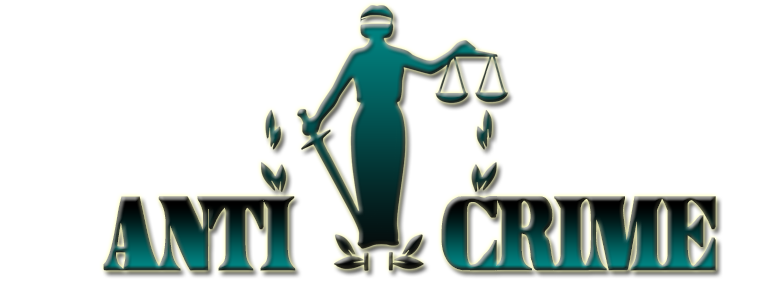Technically, a DUI means Driving Under the Influence, while a DWI means Driving While Under the Influence. In some states, there is a difference, or the DWI may refer to driving while impaired by drugs. Often in the states where there are two different charges, the DWI is the more serious charge, with a DUI indicating less driver impairment.
What Does Connecticut Do?
Connecticut is not one of the states which distinguish between the two terms. If you are stopped for driving in a manner that appears impaired in Vernon, you may be charged with DUI or DWI or even drunk driving. Connecticut uses the terms indiscriminately to mean driving while under the influence of alcohol or drugs. The offenses in Connecticut can include:
- Driving with a blood alcohol content of .08 or more
- Driving under the influence of alcohol, drugs, or both
- Driving, if under the age of 21, with a blood alcohol content of .02 or more
How Much Does the Difference Matter?
Other than age, the differences do not matter at all in Connecticut. If arrested for drunk driving in Vernon, you will face two matters – a court case wherein you will be prosecuted and a DMV hearing wherein your license may be suspended, restricted, or revoked. If you want to avoid the automatic suspension of your driver’s license, you must request a DMV hearing within seven days of your arrest.
Connecticut Implied Consent
Driving is a privilege, not a right. Connecticut has conditioned your exercise of that right on your consent to submit to an approved substance intoxication test, whether blood, breath, or urine. Despite your implied consent, you must expressly consent to any blood test, and an appropriate medical professional must perform it. If you decline to take any of the tests, your license will be suspended for at least six months.
Possible Prosecution
If you are prosecuted under the theory that it is illegal to drive under the influence of alcohol, drugs, or both, the prosecutor need only prove that you were driving while impaired. No blood test is necessary for this case. You may be prosecuted, alternatively or additionally, for violating the “per se” limit of a .08 Blood Alcohol Count. In this case, so long as the BAC can be proven, your impairment does not matter.
Connecticut Drunk Driving Penalties
Connecticut provides the following penalties for drunk driving offenses:
| Fines | Jail Time | Suspension/Revocation | |
| 1st Conviction | $500-1,000 | 2 days to 6 months* | 1 year |
| 2nd Conviction | $1,000-4,000 | 120 days – 2 years | 1 year with an ignition interlock for next 2 years |
| 3rd Conviction | $2,000-8,000 | 1 year – 3 years | Permanently |
*The first offense jail time may be suspended with 100 hours of community service and a one-year license suspension.
Look-Back Period
Connecticut judges your drunk driving offenses under a ten-year look-back period. If you had a prior drunk driving offense more than ten years ago, your current offense would be treated as a first offense. However, any offenses during that ten-year period do count as prior offenses for purposes of calculating a sentence.
Speak with a Vernon Criminal Defense Lawyer Right Away
Drunk driving is a serious offense in Connecticut. To protect your interests and get the best possible result for you, consult with a Vernon criminal defense attorney who can guide you through the process. Contact the office of Berman & Russo today.





